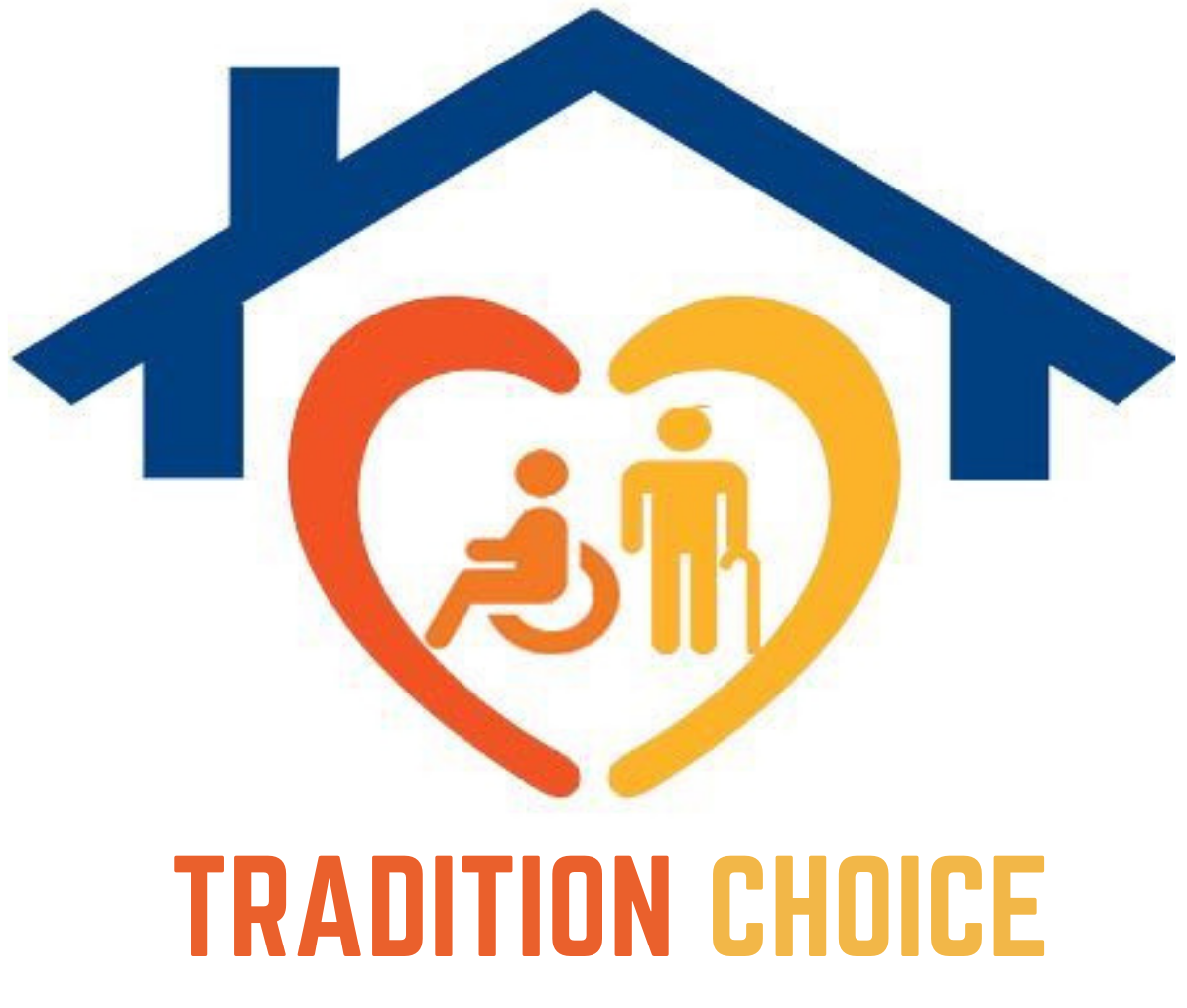Seniors and family caregivers spend a lot of time at medical appointments. Often seniors can be overwhelmed by the amount of information that is being given by the doctor and the amount of paperwork that they need to do for the appointment. If a family caregiver can’t go to the doctor with a senior parent then an elder care provider should go with them to assist them.
But there are some things that seniors, their family caregivers or elder care aides, should do at every medical appointment to get the most out of the time with the doctor like:
Make Sure You Get There Early

Every medical building is different, and if your senior loved one has mobility challenges or can’t walk quickly it could take longer than you think to get to the doctor’s office. Be sure to check what the parking situation is before you go. And find out where the doctor’s office is inside the building so you will be able to find the closest parking lot. If the hospital offers valet parking take it. The cost is well worth the time you will save. You may also want to see if they have walkers or wheelchairs available if the building is large and requires a lot of walking.
Have a Detailed List of Symptoms or Concerns
It’s very common for seniors to downplay their symptoms or forget to ask about particular concerns when they do get to the see doctor. But the doctor is likely only going to be in the room for a very short time. Write down a detailed list of symptoms or health concerns that the nurse or PA can give to the doctor. That’s the best way to make sure that all of your senior loved one’s concerns or symptoms are addressed. An elder care provider can help your senior loved one come up with a detailed list of issues that they want to talk with the doctor about or symptoms that should be mentioned.
Write Down Questions in Advance
An elder care provider can also help your senior loved one create a list of any questions that they want to ask the doctor. It’s important to write down any questions ahead of time so that you or your senior parent don’t forget the questions that you want answered during the appointment. When the doctor is in the room and talking and there are other people around it’s easy to forget the things that you wanted to ask. You also may want record the appointment or the answers to the questions so that you will have a record of the answers later on.
Bring a List of Current Medications
Your senior loved one’s doctor should have a current list of all the medications that your senior loved one is taking but it’s still a good idea for your senior loved one to take an up-to-date list of medications that they are on to the appointment so that the doctor will have a hard copy for easy reference.
Make sure to ask for copies of any paperwork, bills, prescriptions, or other documents that are created after the appointment so that you will have a copy for your senior loved one’s records.

